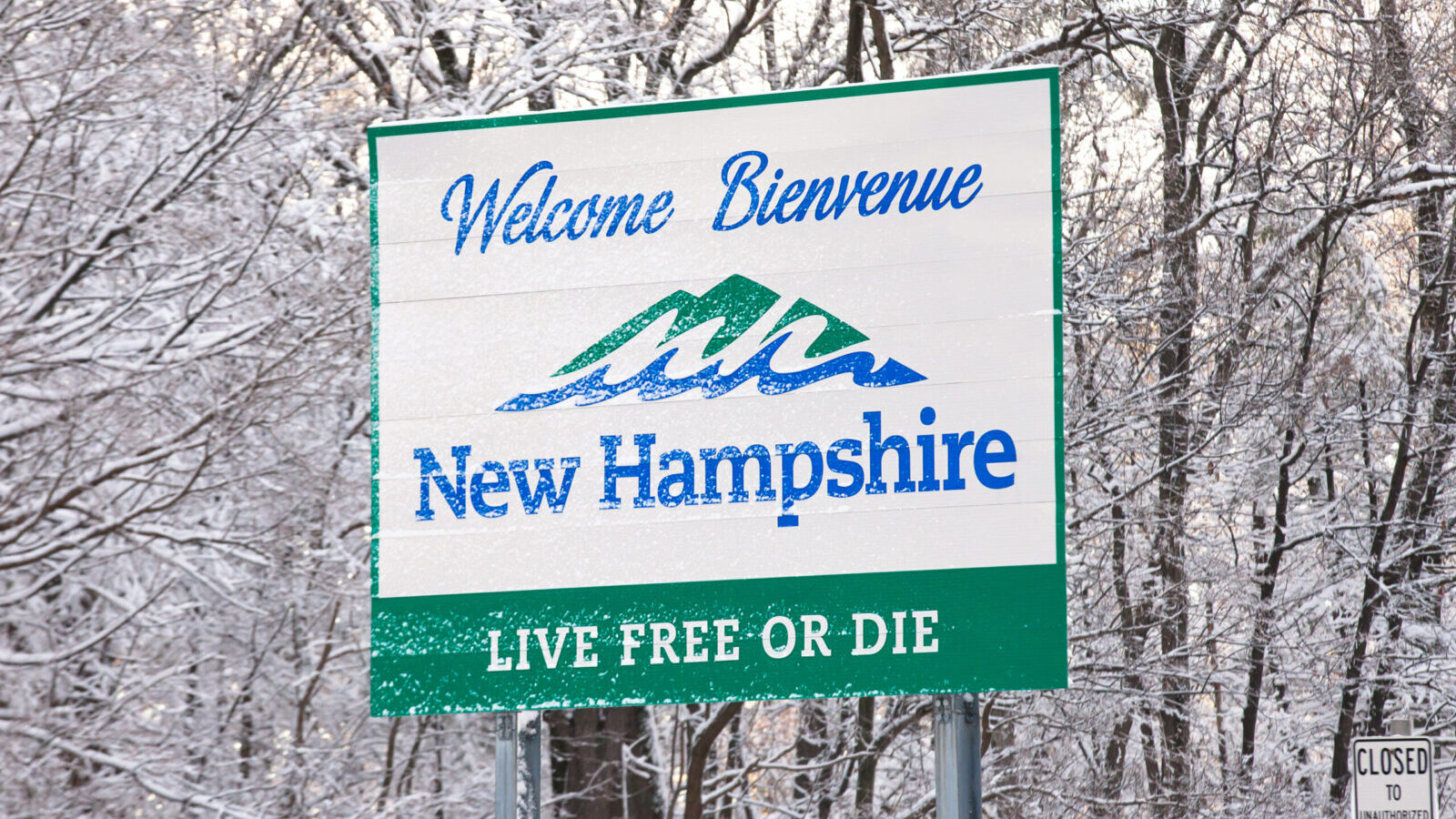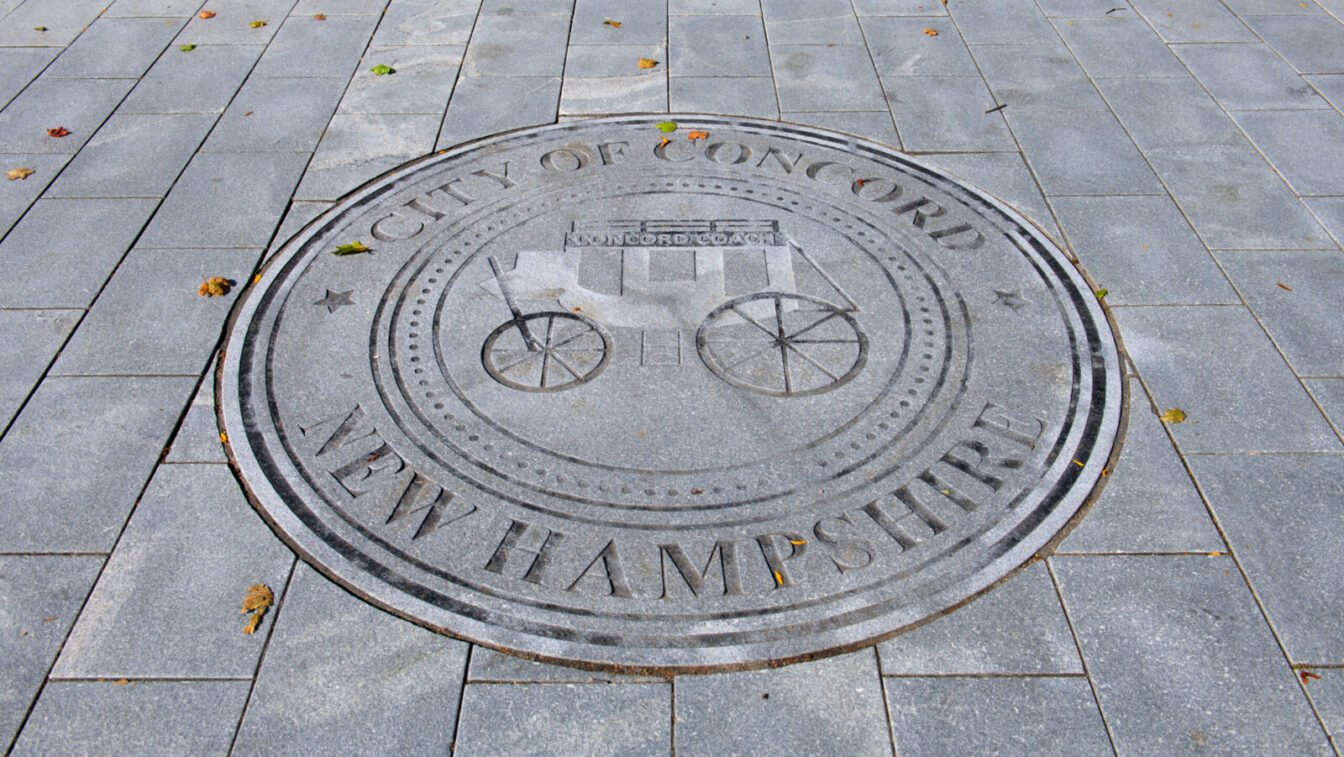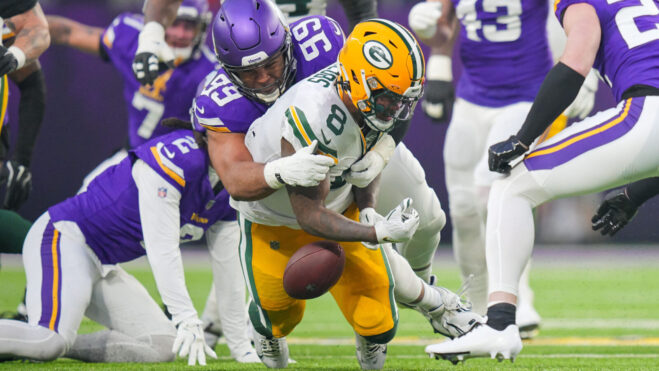‘Local Option’ Bill In New Hampshire Would Let Residents Decide On Casino In Their Area
Both an ‘opt out’ and ‘opt in’ version are being considered in the House
3 min

A bill making its way through the New Hampshire Legislature would allow local towns and municipalities to decide if they want casinos in their area.
House Bill 737, a bipartisan bill with eight sponsors, was introduced in January and passed the House in late March. It already had its first Senate committee hearing — the Ways and Means Committee — on Wednesday, where zero opposition was present and only supporters of the bill testified.
“This bill is not a gambling bill, but a local option bill,” Rep. Jerry Stringham, one of the bill’s sponsors, said. “Regardless of one’s opinion on gambling, this bill seeks to allow local control on the decision whether to allow casinos to operate locally.”
Commercial casinos are not legal in New Hampshire. However, charitable gaming is legal, and so 14 facilities operate for all intents and purposes as casinos under the state’s charitable gaming laws using historical horse racing machines, which mimic slot machines but use results from old horse races to determine wins. Five more licensees are currently in the application process, too.
The Senate also just passed a bill legalizing video lottery terminals (VLTs) and it’s now over to the House. So casinos may soon add VLTs, too.
HB737 casts a wide net on covered gambling activities with its broad “games of chance” language.
Bill gives residents a voice, has casino lobby support
In New Hampshire, local residents don’t get a say in whether a casino gets approved in their municipality.
Residents of Littleton, a small town in the northwest of the state, learned that the hard way in January 2024 when they presented an ordinance that attempted but failed to halt discussions for a casino development in their town.
Dr. Debi Warner, a clinical psychologist and political activist in Littleton, said HB737 won’t save Littleton from getting a casino it doesn’t want. But it will help other towns have their voices heard in the future.
“The origin of this bill was in Littleton,” Dr. Warner said. “We had a meeting at the high school, a surprise meeting — ‘There’s a casino coming to town!’ More than 100 residents came, and 95% of comments were wanting to repel the casino from coming.”
Rep. Stringham said the state’s casino lobby helped fine-tune this bill and supports its passage.
“[Casinos come with] large influences or risks,” Stringham said, “and it’s reasonable for those locally to have a voice in whether they want to have this in their own area or not.”
If passed, this bill would go into effect July 1.
There is currently a moratorium on new HHR licenses in New Hampshire until 2031. Dr. Warner said that gives towns ample time to vote on whether they’d permit a new casino in their municipality before new licenses start getting awarded.
Low requirements to get on ballot
The bill has different stipulations for towns — generally smaller municipalities governed by a board of selectmen and town meetings — and cities.
For towns, the question of whether to allow games of chance will be placed on the annual town meeting agenda if at least 25 registered voter residents sign a petition requesting it.
For cities, the question will be placed on the next election ballot if 5% of the registered voter population signs a petition requesting it.
The bill even suggests language for the town meeting/ballot questions:
If there are currently no casinos in the municipality, it may read: “Shall we prohibit the operation of games of chance within the town or city?”
If there are casinos already in the municipality, it may read: “Shall we prohibit additional brick and mortar games of chance operations within the town or city?”
Residents can also remove casinos in rare cases
A majority of “yes” votes would remove a town or city from consideration for casinos. Residents would also have the option of voting to remove a casino from their municipality if:
- The casino has stopped operating for two or more years, or;
- A casino hasn’t opened within four years of receiving its license.
If a municipality votes to block games of chance, it can reverse that decision if voters so choose down the line. A municipality can also choose to allow certain designated charitable gaming events even if it has barred casinos from coming to town.
But wait … there’s another bill?
HB737 is an opt-out bill, meaning it maintains statewide legality of charitable games of chance while giving municipalities the chance to reject them — or opt out — locally.
Another bill the Senate Ways and Means Committee heard on Wednesday — House Bill 247 — is an opt-in bill. Its language focuses specifically on HHR machines.
It bars any new HHR licenses from being awarded after Jan. 1, 2026 unless the local municipality votes to allow HHR gaming in their town or city.
In other words, unless they opt in.
“I think opt-in is more natural. I think it makes sense to the people in the towns that they should be asked first before someone comes in — that it’s not a presumption,” Dr. Warner said regarding HB247. “But then again, the other way is at least still having a voice. An opt-out is OK.”
A bipartisan bill with five sponsors, HB247 was also introduced in January and passed the House in March. Rep. Bill Ohm, one of the sponsors, told committee members he will add an amendment to include VLTs in the bill should the House pass the VLT bill.
The Ways and Means Committee did not vote on either bill Wednesday.






